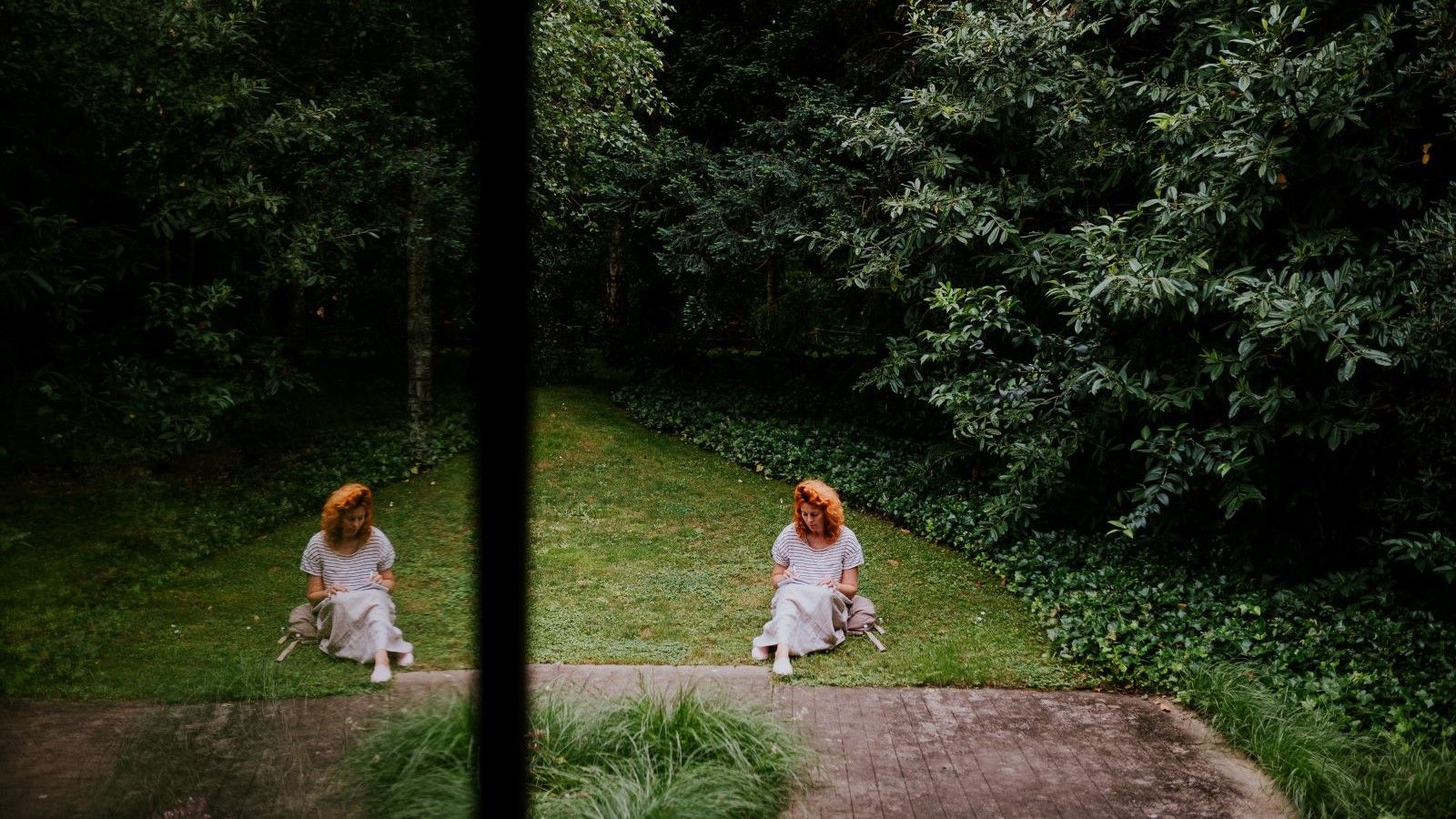From landscape to garden in Portuguese culture
A journey through the art and culture of gardens
Event Slider
Date
- / Cancelled / Sold out
Location
Room 2 Calouste Gulbenkian FoundationTravelling from the earliest gardens, through history, to the gardens of the future, landscape architect Aurora Carapinha challenges us to delve into the world of gardens, their meaning and their role in culture and society. There is the art of gardens, the history of the art of gardens, and the design and drawing of gardens. These and many other areas study and analyse gardens in all their cultural, ecological, artistic, anthropological and philosophical dimensions. But before any of them, and the various scientific areas, there are the gardens themselves. A human construct that accompanies, protects, and physically, emotionally and spiritually feeds humankind in its existence.
Looking at various scientific areas that analyse this human construct, this course proposes to reflect on and discuss the variants and invariants of the garden that define its essence in space and time and which transform a space into a garden either through the act of design and construction or through mechanisms that are vital to its existence.
Programme
Different meanings of the landscape
The garden as a representation of a landscape for pleasure
The roots of the garden in Portuguese culture – matter, time and space
The water that designs the garden
The constance of the garden in the inconstancy of time and space
The Portuguese garden in other geographic contexts
The Portuguese garden for a regeneration of the landscape
Credits
Concept and direction
Aurora Carapinha

